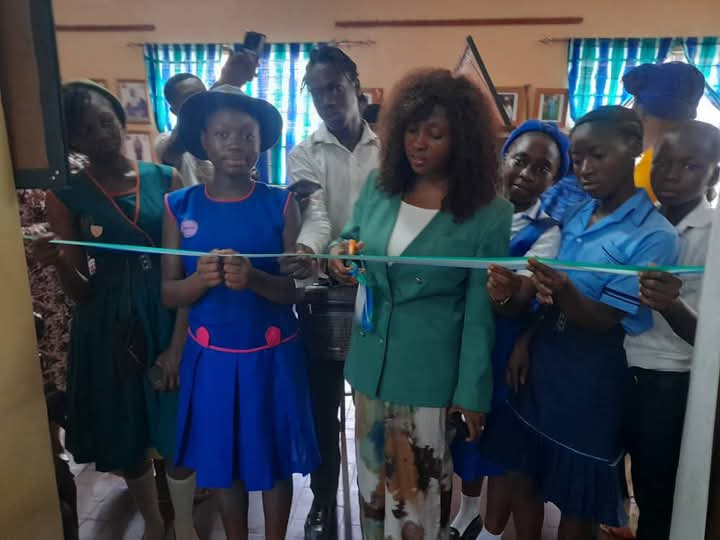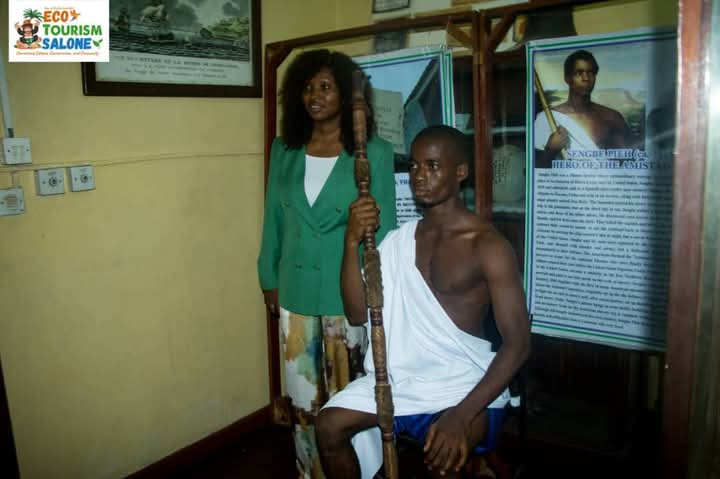The Sierra Leone National Museum, in collaboration with the Ministry of Tourism and Cultural Affairs and the Monuments and Relics Commission, commemorated the International Day of Remembrance of the Victims of Slavery and the Trans-Atlantic Slave Trade.
The event took place at the Sierra Leone Museum in Freetown. It highlighted the historical significance of this dark period and paid tribute to the resilience of those who endured its horrors.
Furthermore, the Atlantic Slave Trade involved the forced purchase, transportation, and sale of Africans to European traders, who profited from their labor in the Americas. Between 1517 and 1867, an estimated 12.5 million Africans were subjected to this brutal system, enduring the harrowing Middle Passage.
Assistant Director of Cultural Creativity and Innovation at the Ministry of Tourism and Cultural Affairs, Ishmael Kamara emphasized the importance of reinforcing the lessons of history, stating,
“Honoring this day reminds us of the atrocities committed against Africans. Many of our forefathers, who were once highly esteemed, were reduced to enslavement through unequal relationships and engagements. Sierra Leone cannot let this day pass without remembrance.”

Keynote Address by Deputy Minister of Tourism and Cultural Affairs Dr. Kadijatu Grace Kamara shared a personal story of resilience, drawing parallels to the legacy of Sengbe Pieh, the renowned abolitionist.
“Reflecting on this painful chapter in our history strengthens our resilience as a people. We have endured wars, Ebola, COVID-19, and natural disasters, yet we remain strong.’’ She stated.
She further added that Sengbe Pieh’s contributions to the abolition of slavery deserve greater recognition, including a national monument in his honor.” She concluded with a call to action: “We gather not just to remember, but to draw strength from the past as we build a future of dignity, freedom, and self-determination.”
Unveiling of Sengbe Pieh’s Legacy: Dr. Grace Kamara, along with representatives from various schools, highlighted Sengbe Pieh’s significant role as an abolitionist.
Finally, Certificates and Gifts: Awards were presented to individuals and schools in recognition of their contributions to historical awareness.











